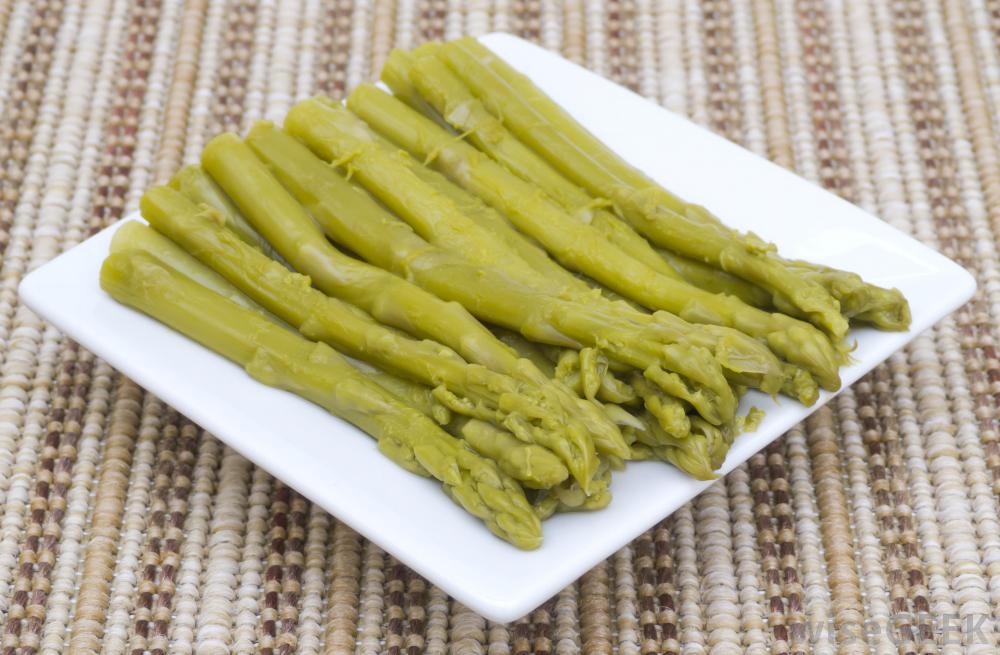
Every fruit and vegetable contains different nutrients. Most common nutrition packed in canned foods are carotene, lycopene, calcium. Carotene and lycopene are very stable so heating will not cause it to deteriorate. Instead, their absorption rate will greatly increase.
Research shows that carotene in canned carrots is 50% more abundant than fresh carrots and that lycopene in canned tomatoes is twice as high as fresh tomatoes. Same with minerals. Take canned fish for example, in the production process, the fishbone becomes crisp and soft, dissolving into calcium, resulting in higher concentration of calcium in canned fish compared to fresh fish.
It also preserves protein and dietary fiber. Canned food generally use pasteurization method. The heating temperature does not exceed 120 degrees Celcius. For canned fruits and vegetables, it doesn't even pass 100 degrees Celcius. Common cooking temperature is generally higher than 200 degrees. Barbecue frying temperature is even higher than 400 degrees. Therefore, canned food is heated to a temperature no higher than that of home-cooked food.Therefore, protein, minerals, dietary fiber and other nutrients are also well preserved.